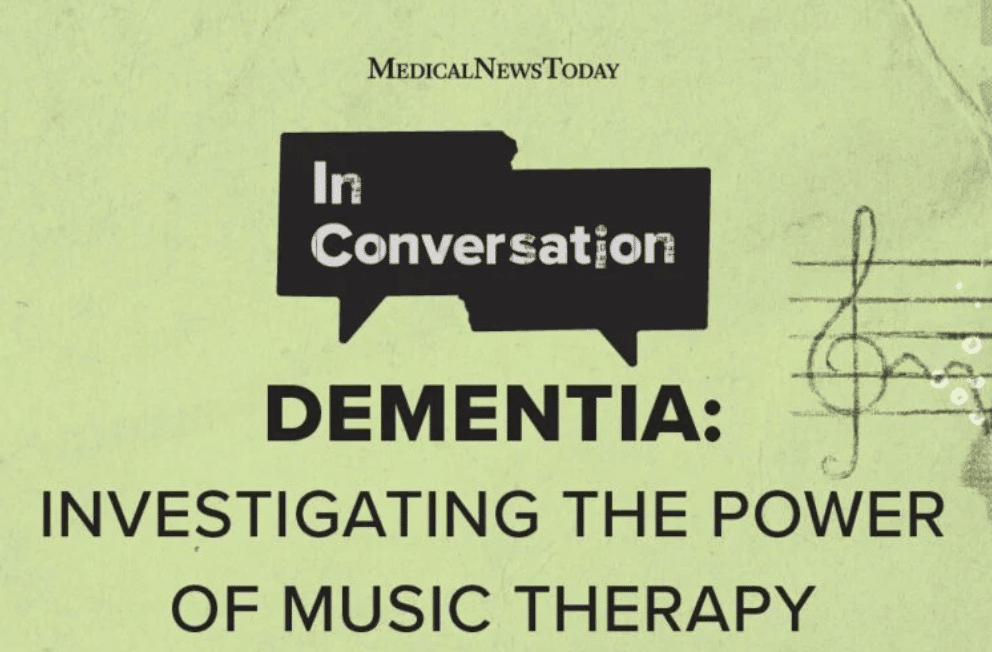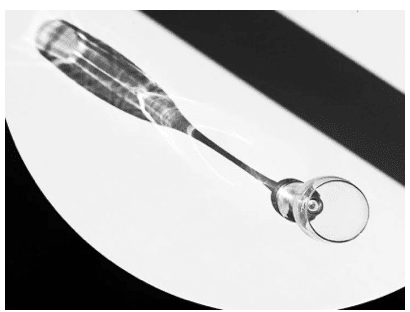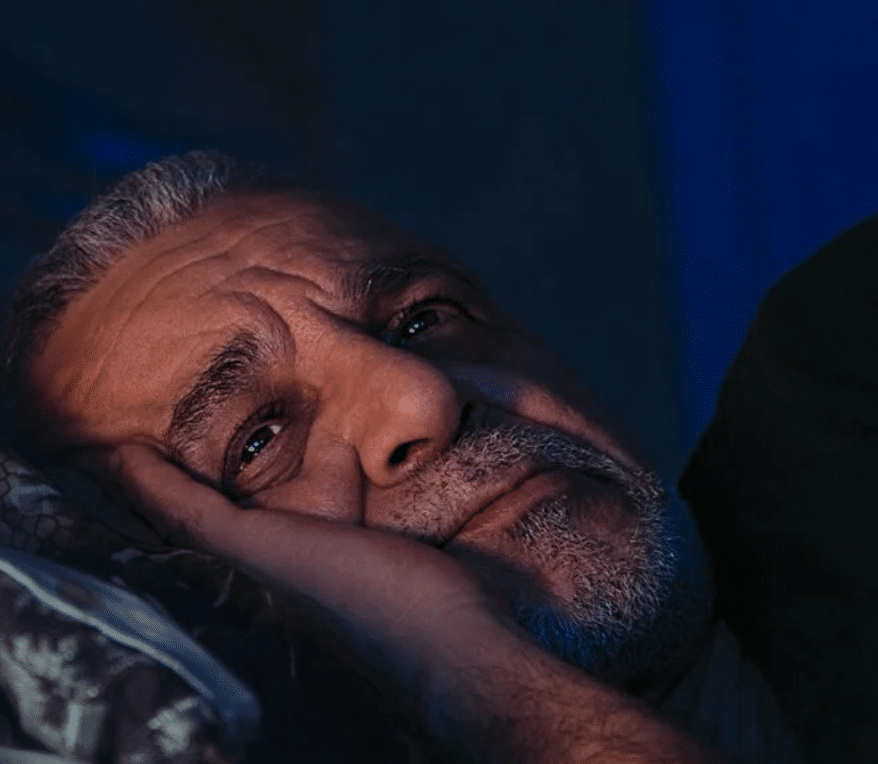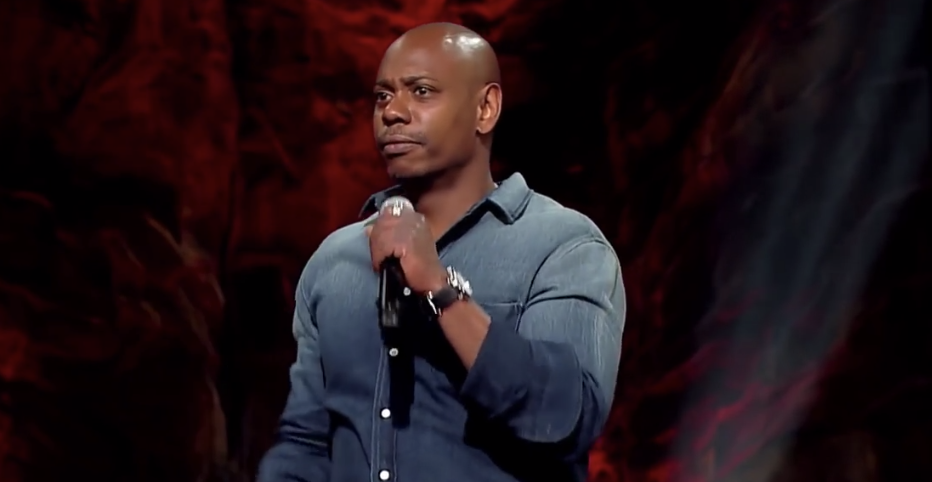Music can help people with dementia recover some aspects of their memory, feel calmer, and boost their mood—and evidence of this is growing each day. However, what is it about music that has such a profound effect on our brains? And is this effect long-lasting?
You might have come across a video of an older person with dementia where a particular piece of music makes them sway to the music, bringing back a flood of memories, or despite not remembering their family members, they start playing the notes to a song they used to know on the piano or violin.
This phenomenon is what leaves many people puzzled about the neurological disorder that is dementia. How can someone forget their own children’s names but remember something as complex as a classical piece of music?
That question was one of the many we aimed to seek an answer to in our April podcast “In Conversation: Investigating the power of music for dementia”. Joining the conversation this month were Dr. Kelly Jakubowski, assistant professor in music psychology at Durham University, and Beatie Wolfe, singer, songwriter, and ambassador for the charity Music for Dementia.
How music aids health
Whether lyrical or instrumental, music is a creative combination of rhythm, harmony, and the expression of emotion. Numerous studies can also attest to its many health benefits.
A 2013Trusted Source study, for example, found that music can have a relaxing effect prior to stressful situations and help the nervous system recover quicker. Another study from the same year found that listening to music helped reduce pain and anxiety for children in hospital.
Besides its physiological benefits, research has also found evidence of music’s positive impact on cognitive health.
A recent study suggested that practicing and actively listening to music may help slow the decline of cognitive function in people ages 62–78 years. The researchers found that engaging in musical activities increased the brain’s gray matter in some areas, which increased its neuroplasticity—the brain’s ability to rewire itself, which is crucial for learning, and forming memories.
In terms of actively practicing music, a 2023 study also suggested that long-term music training may provide potential functional benefits to the brain and help keep it young.
Such findings make music a potentially powerful tool in treating dementia, which is characterized by an array of symptoms that include memory loss and difficulties with thinking, language, and problem-solving.
Music as a connector
One other way music may help cognitive health is by becoming a medium for connection. Multiple studiesTrusted Source have shown that social isolation and loneliness can speed up the progression of dementia.
“I feel like music is the most powerful instant connector, almost of any experience and, and of the arts,” said Beatie.
The singer/songwriter said she believes the arts, in general—not just music—can bemedicinallypowerful, extending its power beyond a form of entertainment.
“Because [music is] all-pervasive, it’s not something that requires the person to get up and dance or draw. Someone can just absorb the frequencies and the words and this whole soundscape. For me definitely, music was always this kind of powerful resource that I use to feel good. [W]hen you have seen the responses I’ve seen to music, you have infinite respect and appreciation for it,” she said.
Being in complete silence
However, as much as sound and music have an impact on our health, the lack of it—silence—is just as, if not more impactful. A 2020Trusted Source study found that silence can be relaxing and therapeutic, reducing brain wave frequency all the while lowering blood pressure.
In fact, research has also shown the detriment of too much noise and loud sounds on cognitive health. A 2022Trusted Source study indicated that chronic exposure to loud sounds, such as heavy traffic, may be a specific risk factor for dementia.
Our guest Beatie shared her thoughts on how complete silence impacted her by recounting her experience in what was the world’s quietest room where she recorded her “Raw Space” album in the Bell Labs anechoic chamber.
“It was one of the most profound experiences I think I’ve ever had, and it’s something that I continually return to. Even now it feels like it’s almost become more relevant today. As the world’s just got noisier, both literally in terms of sonically but also informationally—we’re getting bombarded from all angles, with social media and notifications, and all of these things that are hitting us that are kind of frazzling us,” she said.
Beatie seemed to enjoy the experience much more than most people do and ended up spending quite a few hours in that very chamber.
“I was told that I’d probably be able to stay in there for 15 minutes, because you hear the blood rushing through your veins, and the engineers typically had to take breaks because it was so intense. I ended up spending, I think it was 100 hours or more,” she said.
“I ended up being in there for the first time for several hours, just found it so calming, maybe I’m an anomaly. But I had the opposite reaction to [the] freakout that people have, which I think is also about really being with yourself. I do think there’s an element of it in the chamber, you are there very much with yourself, there are no distractions, there’s nothing to pull you out of that internal space,” she continued.
Knowing lyrics over names
On the topic of recalling song lyrics but not remembering one’s own children’s names for people with dementia, Dr. Guite drew attention to repetition and how music can activate many brain regions and networks simultaneously.
“We’ve talked about this, the globality of music in the brain, but the repetition of a child’s name is something that’s happened through life, whereas the song may be kind of once a month or, once a year. How can we explain that?” she asked.
Dr. Jakubowski said the ability to fill in words of songs was related to procedural memory.
“So procedural memories [are] something like remembering motor sequences, like being able to ride a bike, right? So, when people might not have this kind of semantic memory anymore for names and places, they still have this kind of memory for the motor sequence of singing along lyrics, probably because they’ve sang along to that song lots of times before, or at least sang along in their minds lots of times before to that piece of music,”
she said.
She also said that the brain may spare certain parts of this type of memory, which could explain why some people are able to recall lyrics or play an old song on an instrument even though they have dementia.
“[I]f someone had played the piano previously, often they can continue to play those familiar pieces on the piano, even quite far into the disease,” she said.
Witnessing the effects of music on dementia
In 2014, Beatie established a research project called “The Power of Music” in a group of care homes in the U.K. run by the Priory Group.
It is easy to see in the video and snapshots of that experience how the people with dementia in those care homes start tapping their feet, clapping their hands, and singing along, some with their eyes shining.
She told us about how it all started with the experience of playing original songs in English in a Portuguese nursing home.
“[I]n the case of my father-in-law, I was going to play just to him, but I ended up playing to this whole ward of 100 or so people with dementia and Alzheimer’s, who were all Portuguese. None of them spoke English apart from this relative. And I was playing new songs, songs in English that they didn’t have any prior connection with. And I was seeing people singing along as much as they could, and clapping and waking up,” she said.
This gave Beatie the idea to test out the hypothesis that music itself was powerful, whether you were already familiar with it or not. She was inspired by neurologist Oliver Sacks who predicted in his book Musicophilia that prior knowledge of music was not a pre-requisite for its influence.
When she played original songs to people in the care homes in the U.K., one particular song’s effect on the audience stood out.
How many pounds have you lost this month? At Dieta Efectiva you can lose 10-12 lbs your first week and 2-5 lbs every week after. Visit us at dietaefectiva.net To learn more about our program. AR







